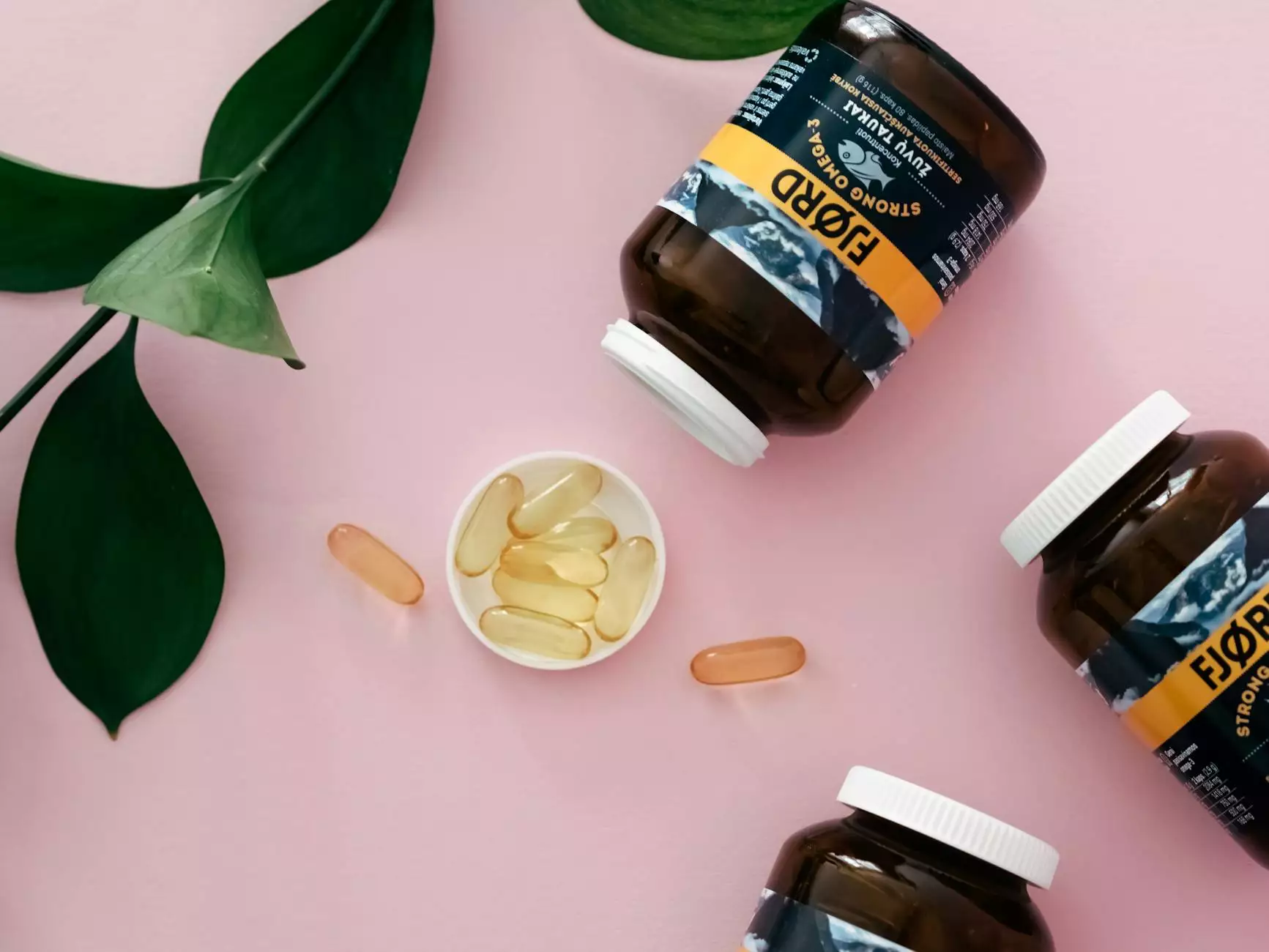The Ultimate Guide to Equine Vitamin and Mineral Supplements

The health and performance of your horse greatly depend on a balanced diet enriched with the right equine vitamin and mineral supplements. Whether you own a competitive athlete or a beloved companion, understanding these supplements is crucial for maintaining optimal health and performance.
What Are Equine Vitamin and Mineral Supplements?
Equine vitamin and mineral supplements are concentrated products designed to provide horses with essential nutrients that may be lacking in their daily diets. These supplements support various bodily functions, including growth, immunity, reproduction, and overall well-being. Just like humans, horses require a specific balance of vitamins and minerals to thrive.
Why Are Vitamins and Minerals Important for Horses?
Vitamins and minerals play vital roles in numerous physiological processes. Here's a breakdown of their importance:
- Growth and Development: Vitamins and minerals are crucial for the healthy growth and development of bones, muscles, and vital organs.
- Immune Function: Essential nutrients help strengthen the immune system, protecting horses from illnesses and infections.
- Digestive Health: Certain vitamins support digestive enzymes and gut health, ensuring efficient food breakdown and nutrient absorption.
- Reproductive Health: Nutritional balance, particularly in mares, is essential for successful breeding and healthy foal development.
- Performance and Recovery: Athletic horses require additional support for muscle recovery, endurance, and overall performance optimization.
Key Vitamins Essential for Horses
Below are some of the most important vitamins that should be included in your horse's diet:
- Vitamin A: Crucial for vision, skin health, and immune function. Horses that primarily eat hay may need supplementation.
- Vitamin D: Important for calcium and phosphorus absorption, aiding in bone formation. Sunlight exposure can enhance Vitamin D levels.
- Vitamin E: Acts as a powerful antioxidant, protecting cells from damage and supporting muscle health.
- Vitamin K: Essential for blood clotting and bone metabolism, supporting overall health.
- Vitamin B Complex: A group of vitamins that support metabolism, energy production, and overall health.
Essential Minerals for Equine Health
Minerals are crucial for significant physiological processes. Here are vital minerals every horse needs:
- Calcium: Vital for bone health and muscle function, calcium works in tandem with phosphorus.
- Phosphorus: Important for energy production, bone development, and overall metabolic processes.
- Magnesium: Supports muscle function and nerve transmission, preventing muscle cramping and spasms.
- Sodium and Chloride: Essential for maintaining fluid balance and proper muscle function.
- Zinc, Copper, and Manganese: Important for hoof health, immune function, and overall metabolic processes.
Understanding the Nutritional Needs of Horses
The nutritional needs of horses are influenced by various factors, including:
- Age: Young growing horses have different nutritional requirements compared to adult horses or seniors.
- Activity Level: Performance horses may require higher levels of specific nutrients to maintain optimal performance.
- Health Status: Horses with specific health issues may require specialized supplementation.
- Diet Composition: The type of forage and grain being fed greatly influences the need for additional supplements.
How to Choose the Right Equine Vitamin and Mineral Supplements
Choosing the right supplement can be overwhelming due to the vast array of products available. Here are some tips to help you make an informed decision:
- Consult with a Veterinarian: Before starting any new supplement regimen, consult your veterinarian to assess your horse’s specific needs.
- Read Labels Carefully: Check for the ingredients, nutrient concentrations, and whether the supplement includes all essential vitamins and minerals.
- Consider Your Horse’s Diet: Evaluate your horse’s current diet to determine any potential deficiencies that need to be addressed.
- Choose Trusted Brands: Opt for reputable brands known for their quality and efficacy in the equine health industry.
Popular Types of Equine Vitamin and Mineral Supplements
Supplements come in various forms, each designed to meet unique needs:
1. Pelleted Supplements
Pelleted supplements are easy to feed and can be added to feed rations, making them a popular choice for many horse owners.
2. Powdered Supplements
Powdered forms allow for easy mixing and ensure consistent dosage. These can be incorporated into grain or feed.
3. Liquid Supplements
Ideal for horses that are picky eaters, liquid supplements can be easily administered and are quickly absorbed by the body.
4. Blends and Formulas
Some supplements come as blends, offering a comprehensive range of vitamins and minerals tailored for specific needs.
The Role of Quality in Equine Supplements
Quality should always be at the forefront when selecting equine vitamin and mineral supplements. Here are a few considerations:
- Manufacturing Standards: Look for products made in facilities that follow strict manufacturing guidelines to ensure purity and efficacy.
- Third-Party Testing: Supplements that undergo independent testing tend to provide higher assurance of safety and quality.
- Ingredient Sourcing: Choose supplements that use high-quality, naturally sourced ingredients to ensure maximum bioavailability and effectiveness.
Implementing Supplements into Your Horse's Diet
Once you’ve chosen the right supplement, the next step is implementing it effectively into your horse's diet.
- Start Slowly: Introduce the supplement gradually to allow your horse to adjust.
- Monitor for Reactions: Watch for any adverse reactions, particularly in the initial stages of supplementation.
- Regular Check-Ups: Schedule routine veterinary check-ups to evaluate the effectiveness of the supplements and make adjustments as necessary.
Common Myths About Equine Supplements
There are several misconceptions surrounding equine vitamin and mineral supplements:
- Myth 1: Supplements are only necessary for competition horses.
- Myth 2: All supplements are created equally.
- Myth 3: Horses cannot overdose on vitamins and minerals.
- Myth 4: If a horse eats a balanced diet, they don’t need any supplements.
Conclusion
In conclusion, equine vitamin and mineral supplements are essential for the maintenance of your horse's health, performance, and well-being. By understanding your horse’s nutritional needs and choosing high-quality supplements, you can significantly improve their quality of life. Always prioritize consultation with a veterinarian when making dietary changes and ensure your equine companion receives the best possible care. By taking these steps, you’ll help your horse not only meet but exceed their potential in health and performance!









